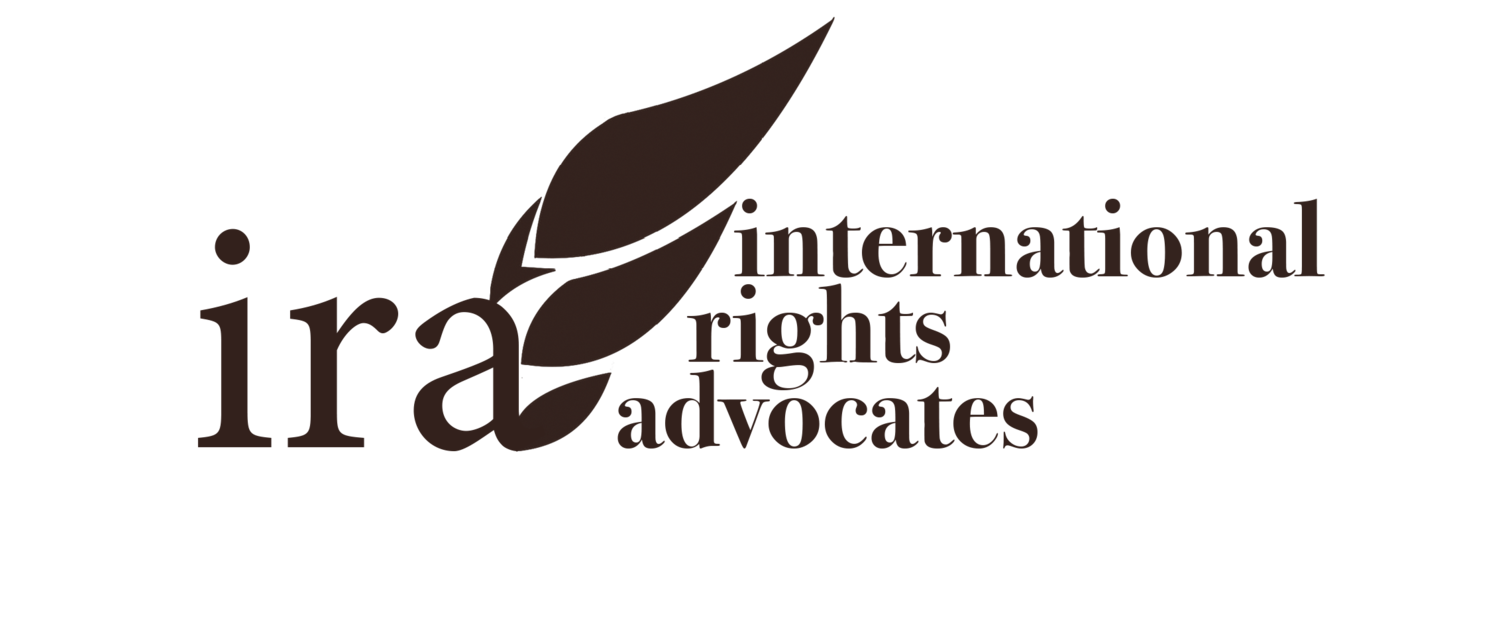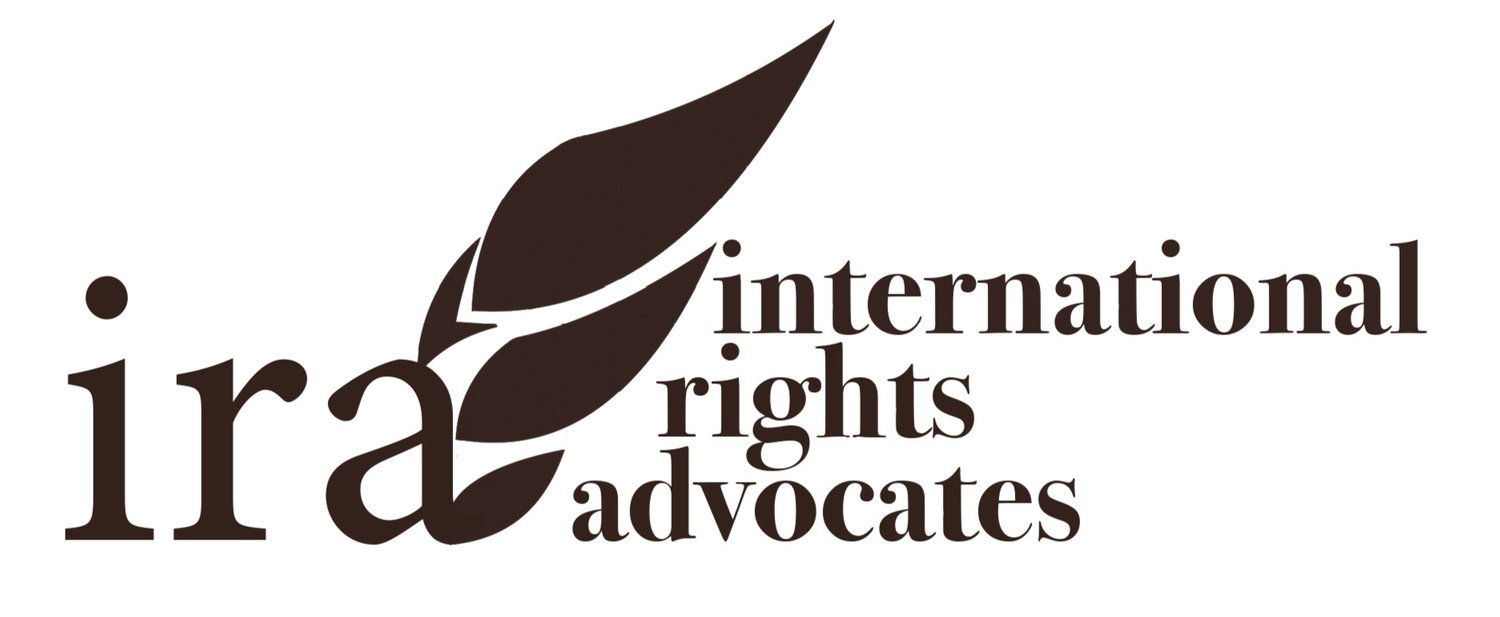Ninth Circuit Allows Child Slaves to Amend Complaint to Satisfy New Kiobel Standard
By Mark J. Mullaney, Georgetown University Law Center J.D. Candidate, 2016
SEPTEMBER 15, 2014 WASHINGTON, D.C. – On September 4, 2014, the U.S. Court of Appeals for the Ninth Circuit remanded Doe I v. Nestle USA, Inc. back to the District Court, allowing the plaintiffs an opportunity to amend their complaints in light of several recent cases, most significantly Kiobel v. Royal Dutch Petroleum Co., 133 S. Ct. 1659 (2013). The panel unanimously agreed the plaintiffs should be allowed to amend because it is possible that their complaint touches and concerns the United States enough to overcome the Alien Tort Statute’s presumption against extraterritoriality, the new requirement created in Kiobel. The complaint may touch and concern the United States because, unlike in Kiobel, the plaintiffs assert that some of the conduct underlying their claims occurred within the United States.
Doe v. Nestle USA, Inc. is an action brought by former child slaves who were forced to harvest cocoa in the Ivory Coast. Their Alien Tort Statute (ATS) claim alleges that Nestle and other defendants “aided and abetted child slavery by providing assistance to Ivorian farmers.” Doe I v. Nestle USA, Inc., 10-56739, 2014 WL 4358453, (9th Cir. Sept. 4, 2014).
The majority opinion was favorable to the plaintiffs on a number of questions. It held the international norm against slavery is universal and therefore can be asserted against corporations in an ATS claim. It also found the alleged conduct described in the complaint would satisfy the mens rea requirement of an aiding and abetting action in the realm of customary international law, regardless of whether the looser “knowledge” standard or the stricter “purpose” standard is followed. The Court found plaintiffs’ “allegations explain how the use of child slavery benefitted the defendants and furthered their operational goals in the Ivory Coast, and therefore, the allegations support the inference that the defendants acted with the purpose to facilitate child slavery.”
The opinion allowed plaintiffs to amend their complaint with regard to an actus reus determination in light of the recent—and conflicting—Prosecutor v. Perisic and Prosecutor v. Taylor decisions. While Perisic requires that assistance be “specifically directed” towards the crime, Taylor explicitly rejected this requirement, finding that only a “substantial effect” on the crime is needed to meet the actus reus definition. Prosecutor v. Perisic, Case No. IT–04–81–A, (ICTY Feb. 28, 2013); Prosecutor v. Taylor, Case No. SCSL–03–01–A (SCSL Sept. 26, 2013). Although the Nestle court declined to adopt an actus reus standard, it noted in dicta that recent decisions suggest “less focus on specific direction and more of an emphasis on the existence of a causal link between the defendants and the commission of the crime.”
Perhaps the most encouraging aspect of the opinion was its acknowledgement of the “unresolved” questions related to the Kiobel “touch and concern” test that determines whether extraterritorial ATS litigation is permissible. The court rejected the Defendants’ calls to directly apply the restrictive Morrison “focus” test, observing that Kiobel explicitly avoided using the terms of art found in Morrison. Morrison v. Nat'l Australia Bank Ltd., 561 U.S. 247 (2010) (finding that a cause of action falls outside the presumption against extraterritoriality only if the events or relationships that are the focus of congressional concern in the relevant statute occur within the United States). While the Nestle opinion does not necessarily create positive precedent for future extraterritorial applications of the ATS, it does offer some level of hope that human rights plaintiffs will be given leave to amend to address the new standard established by the Supreme Court after many of their claims were filed.

